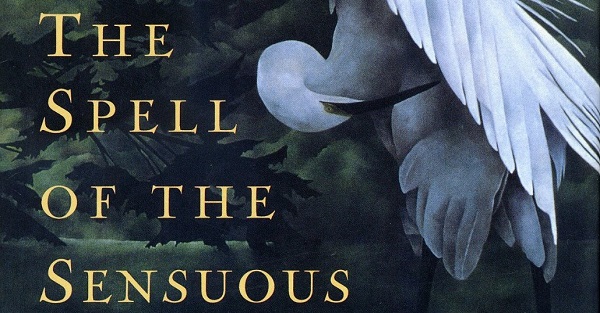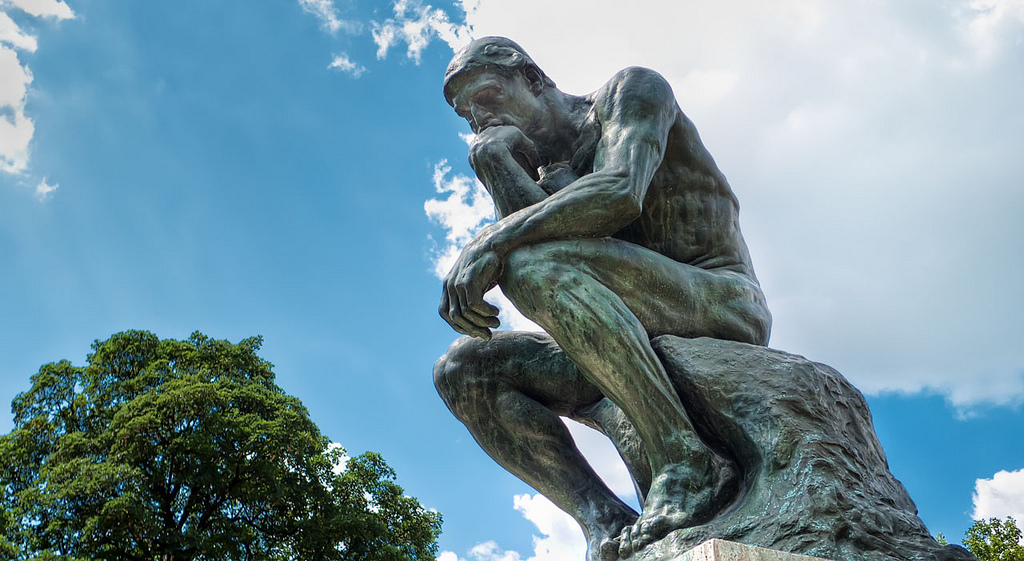Are Human Beings Driven by a ‘Will to Novelty’?
Philosophers and psychologists throughout history have tried to define and elucidate the human species by referring to certain basic drives that we all have. One that I would like to suggest, which I believe reflects the trajectory of humanity, is the will to novelty – the desire to seek out what is new and innovative.…
View Post



